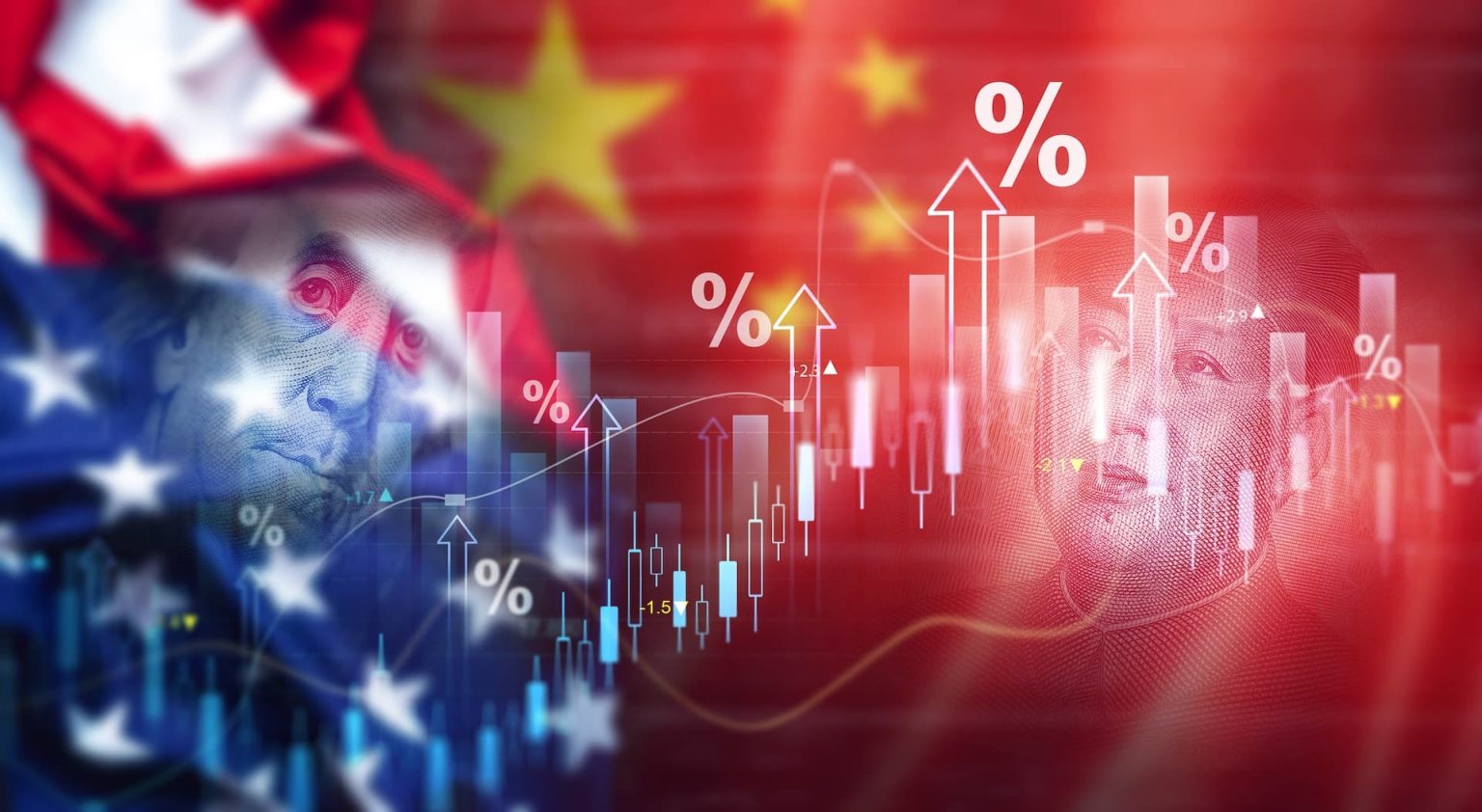Credit Sesame examines how Trump tariffs may strain household budgets, change credit behavior, and influence your credit score in unexpected ways.
The link between Trump tariffs and your credit score
At first glance, Trump tariffs and your credit score might seem unrelated. One involves international trade policy, and the other involves your personal financial reputation. But when tariffs raise prices on everyday goods, many consumers feel it in their wallets. Over time, those higher costs can influence how people use credit, and that is where things start to connect.
Tariffs raise prices, not just headlines
New Trump administration tariffs in 2025 affect, or will affect, imports from countries like China and Mexico. That includes everyday consumer items such as electronics, home appliances, and clothing. As of early 2025, some of these tariffs have already taken effect, with more scheduled in the months ahead.
During the previous round of tariffs under the Trump administration, researchers at the National Bureau of Economic Research found that nearly the entire cost of the tariffs was passed on to U.S. consumers in the form of higher prices. This pattern suggests that current and future tariffs could raise everyday costs for American households again.
When household expenses rise, many rely more heavily on credit cards or loans to make ends meet.
Credit behavior may shift under pressure
Higher prices often strain budgets, especially for households with limited savings. That strain may trigger changes in how people use and manage credit, such as:
- Rising credit card balances. Spending more without paying it down can increase your credit utilization ratio, a factor that may lower your score.
- More borrowing. Some consumers apply for new credit lines to cover shortfalls, which can result in hard inquiries and new account openings.
- Late or missed payments. Keeping up with due dates may become more difficult if finances are tight.
Any of these shifts can affect credit scores, sometimes significantly.
How lenders may respond to economic uncertainty
Trump tariffs contribute to broader economic uncertainty. When inflationary pressures rise, lenders often become more cautious. They may:
- Tighten approval standards.
- Reduce credit limits on existing cards.
- Offer fewer low-interest or promotional products.
If access to affordable credit shrinks, consumers already under financial stress may face fewer options, leading to riskier borrowing or higher interest costs.
Who might be most affected?
The impact of Trump tariffs is not distributed equally. People most at risk of credit disruption include:
- Consumers with limited income or no emergency fund.
- Households already carrying high-interest debt.
- Workers in industries sensitive to trade-related shifts.
These groups may feel the effects quickly, especially if prices rise while wages remain flat.
Managing credit under pressure
You cannot change tariff policy, but you can take steps to protect your credit health. Consider these actions:
- Review your credit report regularly. Spot changes or errors early by using free credit monitoring tools.
- Avoid unnecessary debt. If possible, delay large purchases or switch to lower-cost alternatives.
- Set up autopay or reminders. This helps ensure bills are paid on time, which is critical for maintaining your score.
- Track spending closely. A tighter budget may reduce the need to borrow.
Even small steps can help you stay in control of your credit during turbulent times.
Credit Sesame can help you stay informed
If you are concerned about the financial impact of rising costs, credit monitoring may offer some peace of mind. Credit Sesame provides free tools to track your score, get alerts about changes, and receive personalized credit tips.
Knowing where your credit stands can help you make better decisions, especially when the economic landscape changes.
What to watch in the coming months
More tariffs are expected to roll out later in 2025. If price increases continue, the pressure on consumers may grow. While not everyone will experience credit challenges, those already on the edge may find it harder to keep balances low and payments on time.
Understanding the relationship between Trump tariffs and your credit score may help you prepare for these possibilities before they affect your financial footing.
Staying ahead of tariff-driven credit stress
Trump tariffs may be aimed at protecting American industry, but they can also have real, personal consequences. When trade policies make everyday goods more expensive, the ripple effects often reach credit cards, borrowing habits, and payment behavior. Staying mindful of these connections and managing your credit with care can reduce the risk that broader economic shifts will hurt your financial health.
If you enjoyed How Trump tariffs could affect your credit score you may like,
Disclaimer: The article and information provided here are for informational purposes only and are not intended as a substitute for professional advice.
Read the full article here











